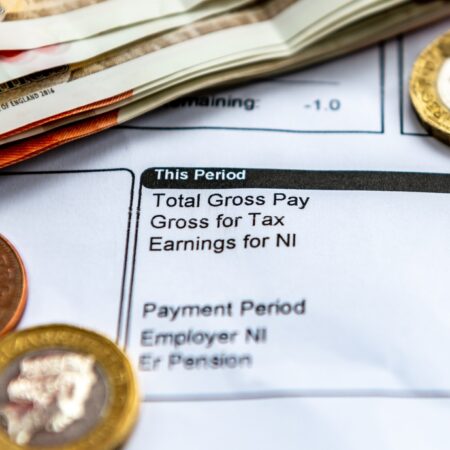Dividend Tax 2016 Update
The changes will not take place until dividend receipts from 6 April 2016 but individuals who extract profits from their company as dividends may need to consider whether to increase dividend payments before this date.
When a dividend is paid to an individual, it is subject to different tax rates compared to other income due to a 10% notional tax credit being added to the dividend. So for an individual who has dividend income which falls into the basic rate band the effective tax rate is nil as the 10% tax credit covers the 10% tax liability. For a higher rate (40%) taxpayer, the effective tax rate on a dividend receipt is 25%.
From 6 April 2016:
- The 10% dividend tax credit is abolished with the result that the cash dividend received will be the gross amount potentially subject to tax;
- New rates of tax on dividend income will be 7.5% for basic rate taxpayers, 32.5% for higher rate taxpayers and 38.1% for additional rate taxpayers;
- A new Dividend Tax Allowance will remove the first £5,000 of dividends received in a tax year from taxation.
The table below shows a comparison between the current and prospective tax rates.
| Dividend falls into: | Basic rate band | Higher rate band | Additional rate band |
| Effective dividend tax rate now | 0% | 25% | 30.6% |
| Rate from 6 April 2016 | 7.5% | 32.5% | 38.1% |
There are winners and losers from the new regime.
An example of a winner is a higher rate taxpayer who has dividend income of £5,000. In the current tax year he will have a tax liability of £1,250 (25% of £5,000). Next year he will have no tax liability.
An example of a loser under the regime will be the sole shareholder of a company who takes a small salary and then dividends up to the threshold at which higher rate tax is payable. In the current tax year he has no income tax on the salary (as the salary is below the personal allowance) and no tax on the dividend. Next year only £5,000 of the dividend will not be taxable.
Will trading as a limited company still be the best option?
If you are currently trading as a limited company you may think that to trade as a sole trader or as a partnership may be a better option for you after April 2016. In our view there is still a benefit in tax terms for most individuals to continue to trade as a limited company. The tax saved by incorporation compared to being unincorporated will be reduced next year but there is still an annual tax saving.
Will it be better to take a dividend rather than an increase in salary?
In our view there is still a benefit for a director-shareholder to take a dividend rather than a salary. The amount of the tax saved will be less than under the current regime.
Should dividends be paid before 6 April 2016?
If you do not currently extract all the company profits as a dividend you may wish to consider increasing dividends before the 6 April 2016. However, other tax issues may come into play, for example the loss of the personal tax allowance if your total ‘adjusted net income’ exceeds £100,000. There will also be non-tax issues such as the availability of funds or profits in the company to pay the dividend.
If you are unsure of the effect this will have on you, please contact us before you make any decisions about changing the amount of dividends taken.
Please note that our comments are based on our current understanding of the new regime. Draft legislation has been issued which is subject to a consultation process. The new regime will be legislated for in Finance Bill 2016.
For further information or advice – please call 01743 462604 or email [email protected] today to speak to one of our team at our Shrewsbury offices.


